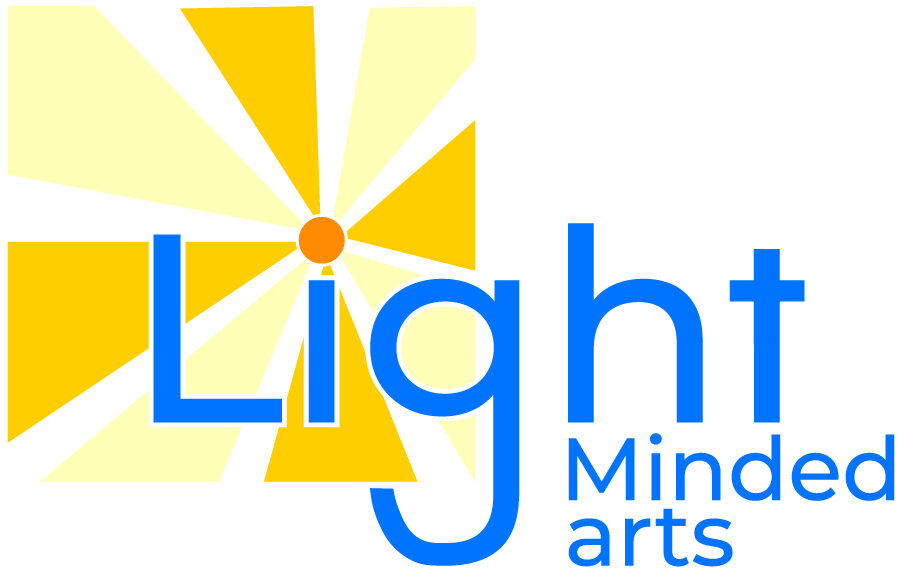
So, you’ve decided to write your first novel? Congrats. I don’t know what your motivations are, but it doesn’t matter.
Everyone seems to have that one story in the back of their heads that they would like to write someday. I can’t tell you how many times someone has told me something like this. But you know what separates them from us?
They’ll never write actually write it.
I’ve been in your shoes. I’ve got several books under my belt by now, but that first one is always daunting because you’ve never done it before, and it seems like such a big thing.
Well, lets talk about it. I’ll share my experiences with you, and see if you can get anything helpful from it.
Making The Commitment to Write
Back in college, I knew a guy who wrote a couple of science fiction novels. When I asked him how he found the time, he said, “Easy, I just write one or two pages a day, then before I know it, I’m done.”
That sounded really simple, and I always kept it in the back of my mind. Some years later, I was married and my first child had just been born. I was making $45,000 a year. I get that in some parts of the world, that would make me feel very well off. But if we adjust for location, I was living in Utah at the time, and that was barely enough to scrape by on.
My wife had just quit her job of working in a drug testing facility, where she basically had to watch people pee. We lived in a 700 square foot condo, which again, is really nice for some parts of the world, but our condo was in a shadier part of town.
The cops knew our complex very well, as they were there most days breaking up civil disputes, or doing drug busts. We’d often be woken in the night by a cussing and fighting couple in one of the other condos or in the parking lot, and our condo always smelled of whatever the people below us were smoking.
It wasn’t where I wanted to raise my family.
I started looking for side work. The problem I had, was that my wife and I didn’t want me to be away from the family all day and all night. So for my second job, I decided to take that college buddy’s advice and become a writer.
A writer after all, can stay at home, kick out a book every few months, and bring in some extra cash… or so I assumed.
Some of my expectations were right, and some weren’t. I spent a few days dissecting all the things about all the popular books I liked. I came up with my story idea and created a plot structure that felt good, and marketable. I was ready.
When To Write
At first, I started writing in the evening, after my full time job had ended. There was a problem with this though. Normally, I’m a cheerful, happy go lucky sort of guy. But I’d be getting right into the flow of creativity, when my wife or kid would inevitably interrupt me.

Now keep in mind that I love my family. That’s why I chose to write, so I could be around them. However, this had the unintended consequence of frustrating me to anger. I couldn’t stay impartial to my obligations as a parent, husband, and writer at the same time.
For the sake of my family, I stopped writing in the evenings, and started writing in the mornings. I learned that if I woke up an hour earlier each day, while everyone else was still asleep, I could have a full hour of un-interrupted writing time.
I loved it.
I would go to work early, then sit down at my computer an hour before anyone expected anything from me, and I would type out all the things that had been going through my head the day before, and I would find my flow almost every time.
I even found that I liked taking my lunches by myself in my office so that I could eat and write for another ½ hour on my break. That had the side effect of also being cheaper.
Like my one buddy said, writing a couple of pages each day allowed me to kick out that first novel in under two months. It felt like no time at all, and most of all, I had become addicted to writing. I could actually see myself as a full-time writer in the future, and loving it.
Plotting Your First Novel
I won’t discuss this too much. But there are plotter and pantsers. I am a plotter. I plot out every chapter before I write it. I think about my story structure, my A story, my B story, and so on. I think of how I want the book to finish, or if I want it to be a series, I design each story, and weave in a series arch.
People who are pantsers, write by the seat of their pants. They have an innate gift for knowing how a story should flow and feel, and they let the characters and events unfold to their own surprise.
I’ve tried this method before, and it didn’t turn out well for me. The ending was far too forced.
But then again, if I’m honest with myself, part of the fun of writing is getting into that flow, and learning things about your story that you never knew before. So while I prefer to plot my books in advance, I often go back and edit my plots when my characters drag me in a much more interesting direction.
So keep your creative mind open, regardless of which direction you lean. If you’re getting stuck somewhere, look to plot to fix it. If you have a plot figured out, but your character wants to take you somewhere else, don’t be afraid to follow them for a little while and see if they show you something amazing you never could have thought of without them.
Your characters really can take on a sort of soul. You’ll fall in love with them, and sometimes you’ll have to kill them. But that is the magic of being a storyteller.
There’s So Much More
I wish I could keep writing about this, however, I’m going to have a whole series of articles on writing your first book. So check out my following posts, and learn with me. For now, and this is the most important part for any new writer, just keep at it.
Find at least one hour during the day when you will not be interrupted, and use that time to put your thoughts onto paper.
You can use the rest of your day to imagine what happens next, and it will help you the next time you sit down to write, but dedicate that time, free of distractions, and yes that also means free of technology. Don’t get caught up in the latest AI trends.
Sure AI can help you write, if you want it to, however I don’t do that. I tried it a couple of times, and it sucks the wonder and magic out of storytelling. Because even if you’re giving it the prompts you want to tell your story, you’re letting it do the heavy lifting.

AI is not your muse, just as alcohol wasn’t really Hemmingway’s muse. Your own creative mind is your muse, and it wants to play. So let it. Discover the true magic and high of having your story come to life as it passes through your own fingertips.
Once you have actually written your 1st book, pat yourself on the back, and get ready to work. It’s editing time. We’ll talk about that in the next time.
By the way, check out my YouTube Channel, where I talk more about these things. And if you find these articles helpful, support me by buying my books and leaving reviews.
See you next time.
By the way, if you want to learn more, check me out on YouTube. My video on this subject can be found here: https://youtu.be/OdZ86OTIKV4

Leave a Reply